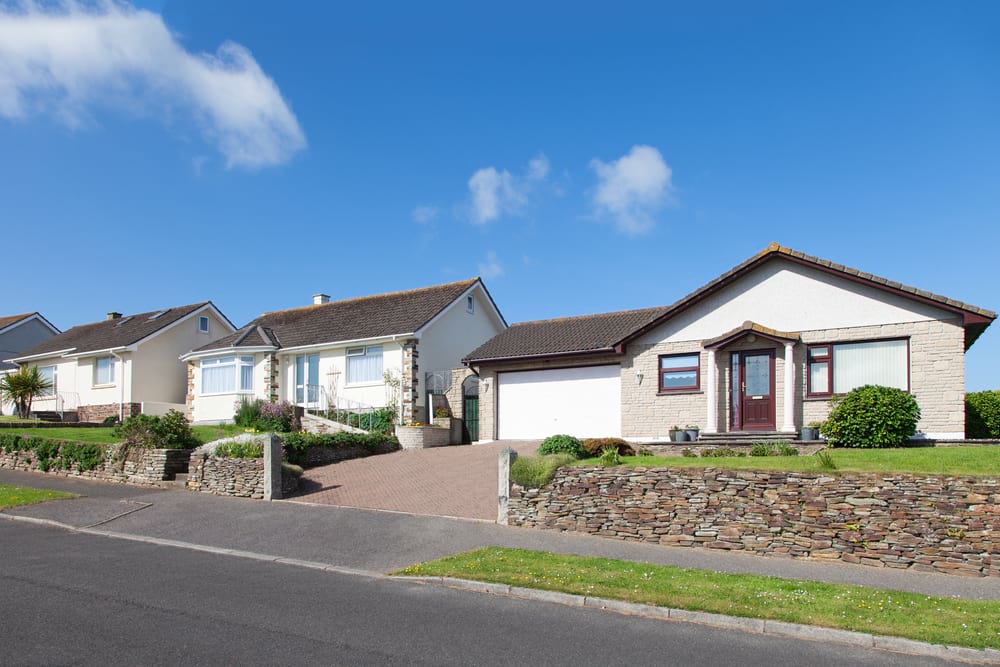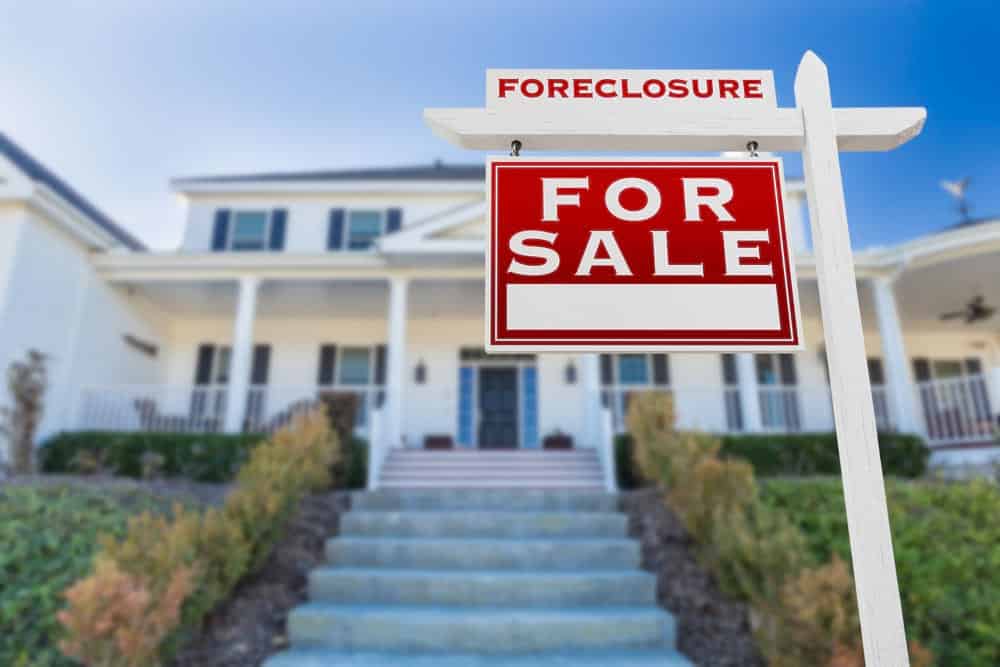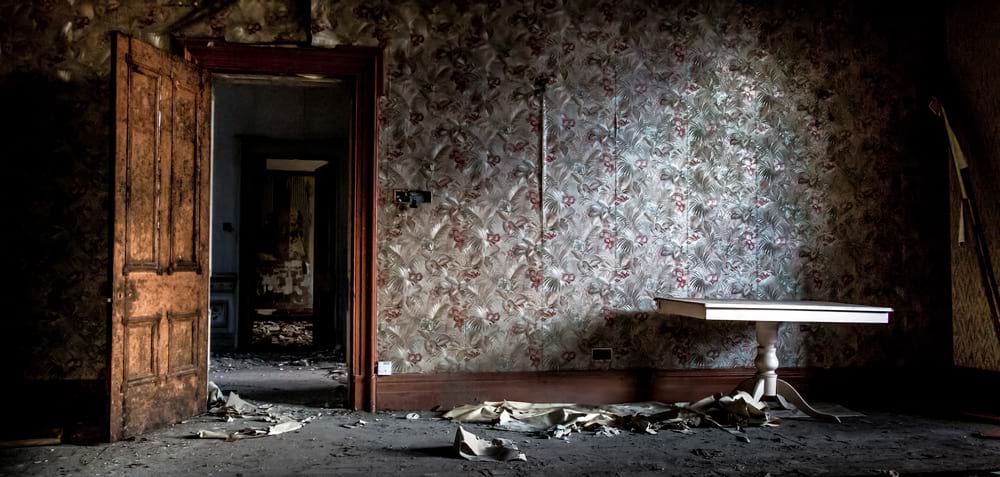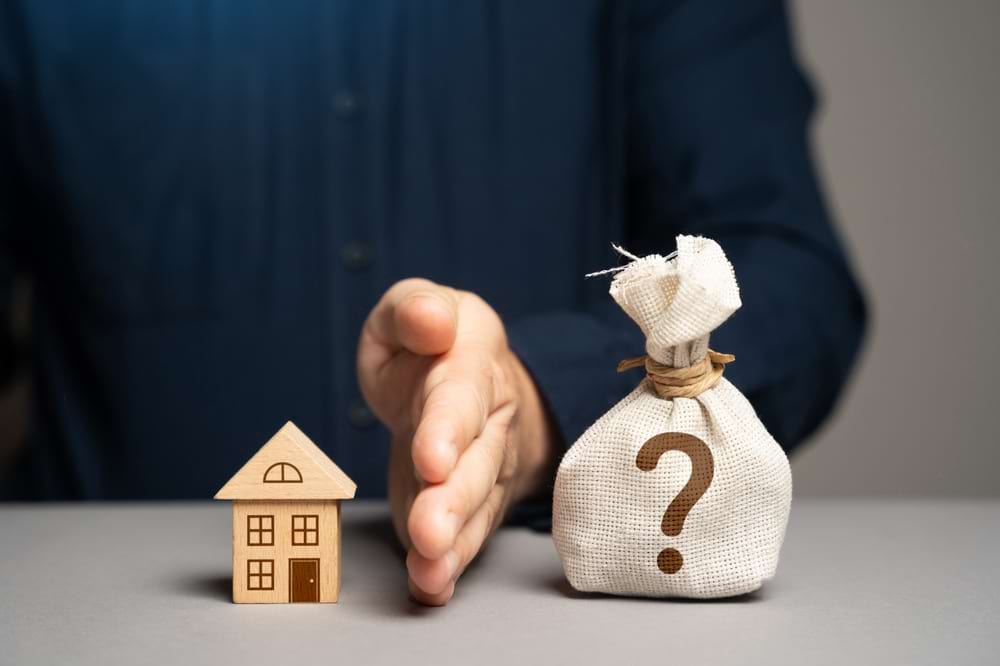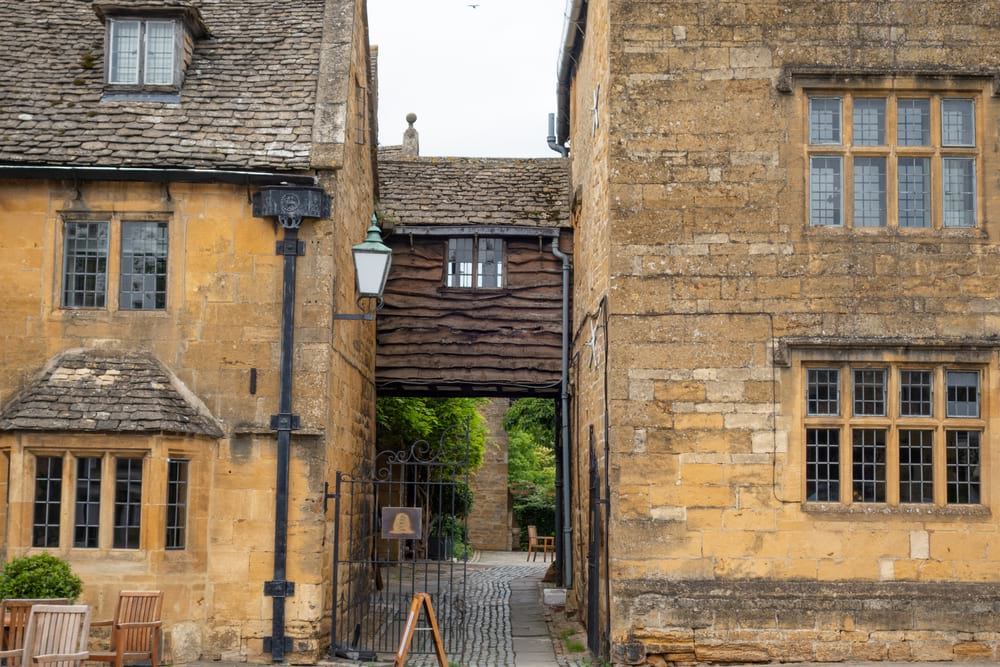There’s a difference between an asking price and a selling price.
Whether you’re a buyer or seller, understanding this will help you with negotiations.
We’ve explained everything in this blog.
What is an asking price?
An asking price is the number sellers list their house for on the open market.
This price appears in listings by estate agents, Rightmove, Zoopl, etc.
It is what sellers hope to sell the house for and it’s based on a valuation.
However, bids that come in will often be slightly below this number.
Guide prices
Guide prices are similar to asking prices except that they are more flexible.
Guide prices might include a range rather than a specific figure (like an asking price).
They also suggest a seller is more open to negotiations than they would be had they set an asking price.
Guide prices tend to be used more often at property auctions.
What is a selling price?
A selling price is the number that a house sells for.
It is typically only known after several weeks or months of viewings and negotiations.
Asking prices vs selling prices
Difference figures
Selling and asking prices are usually – but not always – different figures.
Selling prices are generally lower than asking prices. However, sometimes the opposite is true (e.g., in bidding wars and seller’s markets), but this is rare.
Different averages
On average across the UK, the average asking price is £365,999. But the average selling price is £303,396.
This creates a difference of £62,602, which is around a 17.1% gap.
However, this average varies according to location.
For example, one study found that the difference can be up to 25% in some places but only 7% in others.
And in almost all regions across the UK, the gap between asking and selling prices is widening.
Different fixedness
Asking prices are aspirational.
Estate agents usually advise sellers what to set them at and they often change over time. This could be because of a lack of viewings or offers. Or it could be because they were initially too high.
By contrast, selling prices are fixed.
Estate agents setting asking prices too high
Some sellers go with estate agents that recommend higher asking prices. This is a trick of the trade for estate agents to gain more business.
Ultimately, even a good estate agent can’t reliably gain a higher selling price simply by setting a higher asking price.
How do sellers decide what their asking price should be?
Discuss with estate agent
To start with, sellers should have a conversation with their estate agent.
Estate agents will ideally have experience in the local market. This means they will have knowledge on average selling prices and selling timeframes.
Do research
Sellers can also do this research themselves.
Websites such as Zoopla contain information about selling prices for similar types of properties in their location.
Deducing selling price from buying price
Sellers can consider the selling price they bought the house for and how the property market prices have changed since then.
For example, a national increase of 20% could be a benchmark for adding to the selling price to set the asking price.
The more experts and ‘typical’ buyers on the open market, the more likely you will land on an optimal asking price.
The final say is with mortgage lenders
Even if sellers and buyers agree on a set selling price, buyers’ mortgage lenders may disagree.
This can cause them to refuse to lend the full amount needed. This protects lenders if they think the actual house value is lower.

